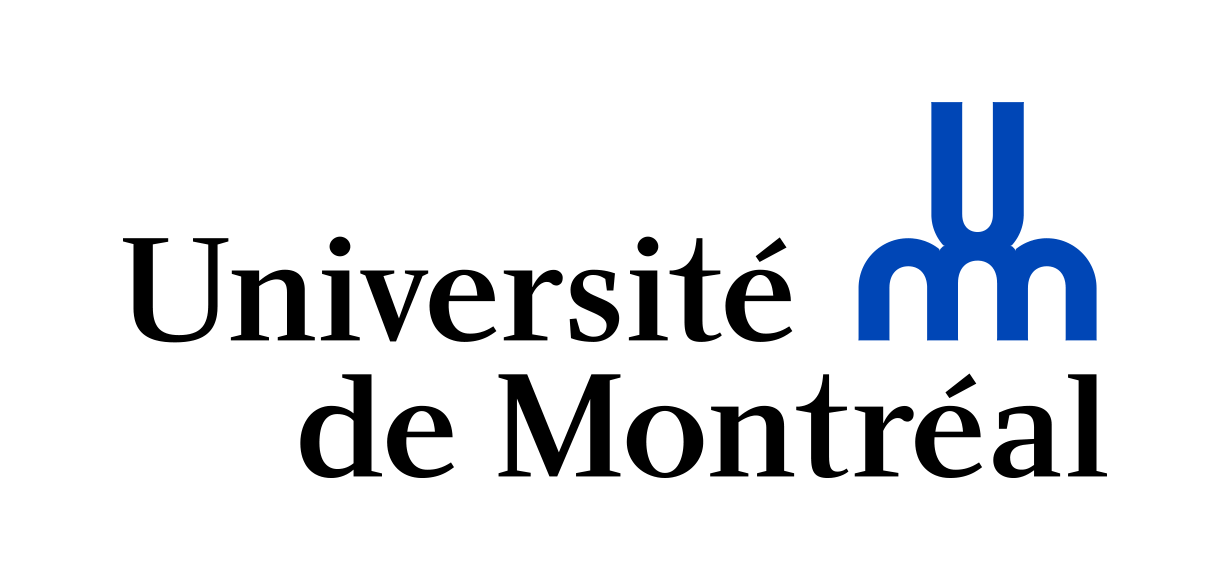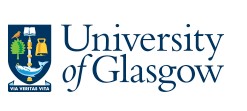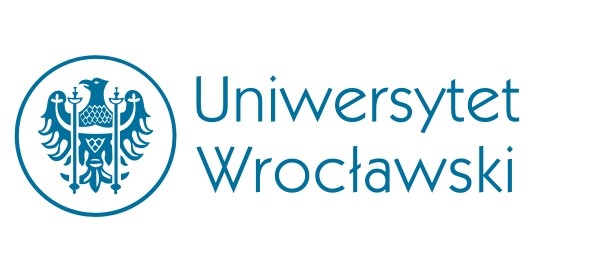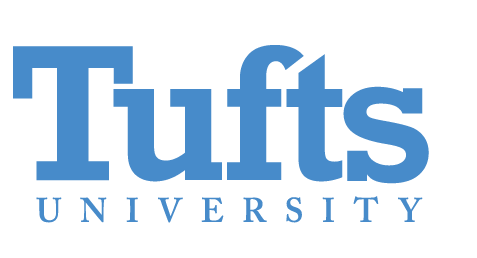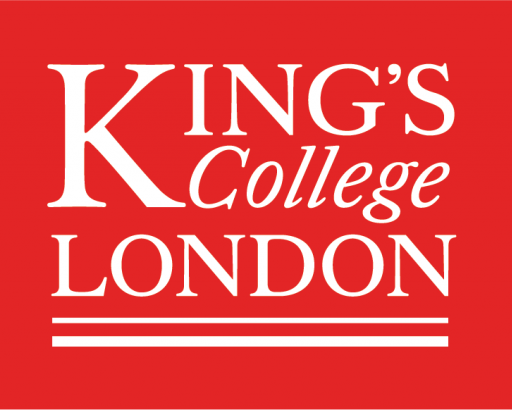Alexandra Henshall
I am incredibly honoured to have been a part of the 2019 BEAR Summer School held in Montreal. The intensive week allowed me to develop my own understanding of the issues surrounding minorities between the EU and Russia, whilst inspiring new ideas for my own research.
We started the week discussing the securitization of minorities with Jim Goldgeier. The topic of his lecture, which explored NATO, the EU and security relations in Europe after the Cold War, is familiar to me but I appreciated the historical perspective he provided which really set the scene for the week. After a quick lunch the afternoon session covered the securitisation and de-securitisation of minorities with Angela Kachuyevski. I was particularly impressed by her ability to explain rather complicated theories (i.e. the Copenhagen School) and show how these apply to minorities in Central and Eastern Europe.
Over the next two days we looked at state-minority relations focusing on the Russian minority in the Baltic states. David Smith introduced us to the quadratic nexus, Kristina Kallas discussed Russia’s compatriot policy and its reception in Estonia, and Jennie Schulze then presented her research which looks at how policymakers frame Europe and/or Russia when proposing changes to citizenship and language policies. Each lecture provided a useful background to the preceding one, allowing us to put new theories into practice and better understand the issues being discussed. Having lived in Estonia as part of my studies I was aware of some of the issues experienced by Russian speakers in Estonia and thus was particularly interested to learn about them in such depth. To finish off the Baltic region discussions we watched an incredible film about the education system in Estonia and how it affects Russian speakers. It was great to be able to talk about the film afterwards with Kristina Kallas, who is from Narva in Estonia, as she answered any questions we had about the reality of life for Russians in Estonia.
On Thursday, we covered minority political agency with Zsuzsa Csergő, I was particularly interested to discuss the Roma as a minority group as this is not something that has been introduced in my studies previously. Myra Waterbury took the afternoon session which expanded on these issues and explained how minority groups might use the European Union to make their interests known. Finally, on Friday we discussed de facto states with Helge Blakkisrud and Magdalena Dembinska. Some of the theories discussed earlier in the week, like the quadratic nexus, were helpful here in understanding the dynamics between the various actors involved. The last two sessions gave us some useful background knowledge to use for the final meeting on Saturday in which we conducted a simulation ‘Transnistria Peace Talk’. By now everyone knew each other really well and had really put a lot of time into researching their parts making the simulation really fun (and also incredibly difficult). Unfortunately, we were unable to resolve the Transnistrian conflict, but in the process, we solidified our working relationships with one another and ended an excellent week on a high. I hope to be able to stay in touch with everyone involved!!






